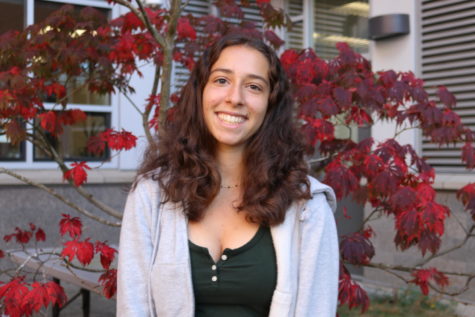Seeking money? Here’s how
Waiving student fees should not be rocket science
November 17, 2022
We’ve all been there. We’re standing in line for the business office, or perhaps checking out online, when we see our total and gasp. $600 for AP exams? $200 because you want to play a sport? Even $75 for a yearbook? Why has everything become so expensive, and moreover, is it possible to receive any aid?
Turns out, it may be easier to get things waived than one thinks. If students qualify for free and reduced lunch, all they have to do is fill out a paper or online application and check the box that says “ASB cards/fees/dues” to be eligible for reduced or waived fees concerning ASB cards, prom tickets, and more.
In addition to ASB fees, students on free and reduced lunch can get AP test and SAT/PSAT test payments waived, as well as fees for Common Application which seniors use to apply to college.
However, not everything can be waived. One example is buying a yearbook. A certain number of yearbooks are donated to the school for students unable to pay for one, but not enough for all who wish to buy one but are unable to. Thus, seniors on free and reduced lunch are prioritized for receiving a yearbook over other students.
Although there are some measures in place to allow students from lower-income families to participate in activities without worrying about the cost, there are also gaps in what ASB can cover. For example, ASB may be able to cover free food for Campus Day, but underclassmen unable to afford a yearbook can still be forced to go without one. There are definitely some improvements that can be made to the system to allow for more equitable access to paying “nonessential” fees.
One effort that has already been taken to increase equality for students is House Bill 1660, which passed in 2020. This bill states that school districts must waive fees for “cultural, social, recreational, or athletic” activities for those who qualify for free and reduced lunches, thus enabling all students to participate in optional activities. Despite this, students unable to pay for field trip fees are still unable to receive funds from our school.
This has caused several field trips to be canceled, since if any one student cannot afford to pay for the trip and their school cannot pay to send them, no one is able to go on the field trip. In the aftermath of House Bill 1660, Shorewood and other schools are struggling to address this lack of funding. In the meantime, students can either fundraise if they wish to attend nonessential activities, or accept that they will be unable to participate in these opportunities.
So, should there be greater access for waiving school fees, or simply more awareness of how to do so? I believe both would help. There is certainly much support already available, especially to allow students equitable access to academic and ASB activities.
However, in the future, I hope Shorewood can either cut down on costs or provide more funding so that all students can participate in nonessential activities such as yearbook signing at the end of the year.












